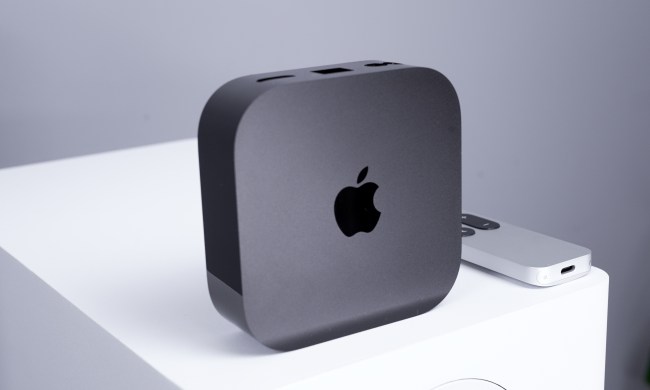Looking forward to getting a new MacBook in the next year or so? You might have to wait longer than expected, as Apple chip supplier TSMC is reportedly struggling to get enough skilled workers for its forthcoming Arizona factory. That could mean we see serious shortages of Apple laptops and a struggle to get hold of stock.
The bad news comes from The Wall Street Journal. According to the outlet, TSMC has said that “people with expertise erecting semiconductor facilities were in short supply in the U.S.” As a result, the Arizona factory “would miss its target of starting mass production next year.”

What does that mean for you? Well, the Arizona plant is expected to shoulder some of the burden of manufacturing TSMC’s 4-nanometer and 3-nm chips — the latter of which will help form Apple’s upcoming M3 chip that could revolutionize MacBook performance.
If the Arizona plant is behind schedule, it could mean TSMC can’t make as many M3 chips as Apple wants. The company will still be able to rely on its Taiwanese factory, but without help from Arizona, the total output is likely to be lower. That could make it much harder to get your hands on a MacBook next year.
Fewer Macs to go around?

TSMC is reportedly flying specialists out from Taiwan to Arizona in a bid to get the factory back on track. But company chairman Mark Liu still expects chip mass production at the U.S. plant to be delayed from 2024 until 2025.
That’s obviously far from ideal and will put pressure on Apple’s ability to get its devices into the hands of its customers. It follows similar news that the iPhone 15 series could also suffer from “severe” shortages later this year.
The only good news is that there is unlikely to be a delay to the M3-equipped Macs that are coming this year since TSMC’s Taiwanese factory is running normally. Apple’s M2 series faced numerous reports of delays, with the M2-series Mac Pro only launching in June 2023 — four years after the previous version.
With any luck, you won’t need to worry about a repeat of those delays when it comes to the M3 series. But what could be an issue is the sheer number of Macs available from 2024 onwards, with the Arizona plant’s ability to ease the load on its Taiwanese counterpart now called into question.
So, if you are thinking of upgrading next year, you might have to move quickly in order to secure yourself a Mac. They may be in short supply.



